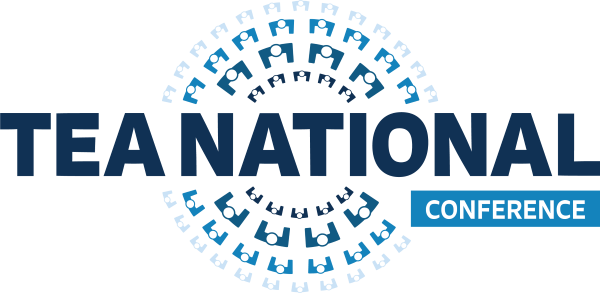- The Hub
- Advocacy

The Employee Ownership Action Network (EOAN) is a free-to-join, grassroots advocacy movement for anyone with a stake in ensuring employee ownership continues to grow and thrive in the US.
Does that sound like you?
- Membership
What Our Members Have to Say

“Membership in The ESOP Association is vital to an ESOP owned company. The advocacy and education services are invaluable and are not duplicated by any other organization.”
-David Kelly, CFO at Acadian Ambulance Service Inc.
- Events & Meetings
Featured Event

The National Conference attracts employee owners from all levels, top association volunteer leaders from across the nation, and expert professionals ready to share their experiences.
Upcoming events
- News & Resources
The #EO Solution

The ESOP Association and Project Equity have partnered to create state -by-state data that amplifies employee ownership as a common sense way to preserve businesses, strengthen jobs and build a more resilient post-pandemic economy.
- Store
- About TEA
What is an ESOP?
An ESOP is a retirement plan—but also a way of living and running a company. For insights on both technical and cultural aspects of these plans—which provide benefits to employee owners, the company, the community, and exiting owners—and links to additional resources, see our web page titled What is an ESOP?
- Join TEA
The ESOP Association
Advocacy issues
As with all qualified employee benefit plans, ESOPs are governed by the Employee Retirement Income Security Act of 1974 (“ERISA”).
Contract Assistance Program Eligibility for ESOP-Owned Companies
To ensure equitable representation of historically disadvantaged groups, Congress has provided for programs to support businesses owned by minorities, women, veterans, and other groups.
Lifetime Income Disclosure Requirement
All defined contribution plans, including employee stock ownership plans (ESOPs), must provide a benefit statement to each participant annually.
Limits on ESOP Contributions IRS Section 404 and 415
Although Congress authorized the creation of ESOPs in the Employee Retirement Income Security Act of 1974 (ERISA), ESOPs are not singularly a retirement plan for their participants.
Access to Capital A Barrier to ESOP Creation
When an ESOP is first created, the ESOP buys shares from a business owner, and the cash for the transaction is “loaned” by the Company to the ESOP. Those funds typically come from three sources: the company’s cash on hand, debt from a bank or another outside lender, and debt from the selling stockholder.
TEA Advocacy Mission Statement
The ESOP Association’s membership is bound by the commonality of employee stock ownership plans – to that end, TEA advocacy intends to work at the federal, state, and local levels, to the extent possible and resources allow, to promote ESOPs specifically and employee ownership in general.